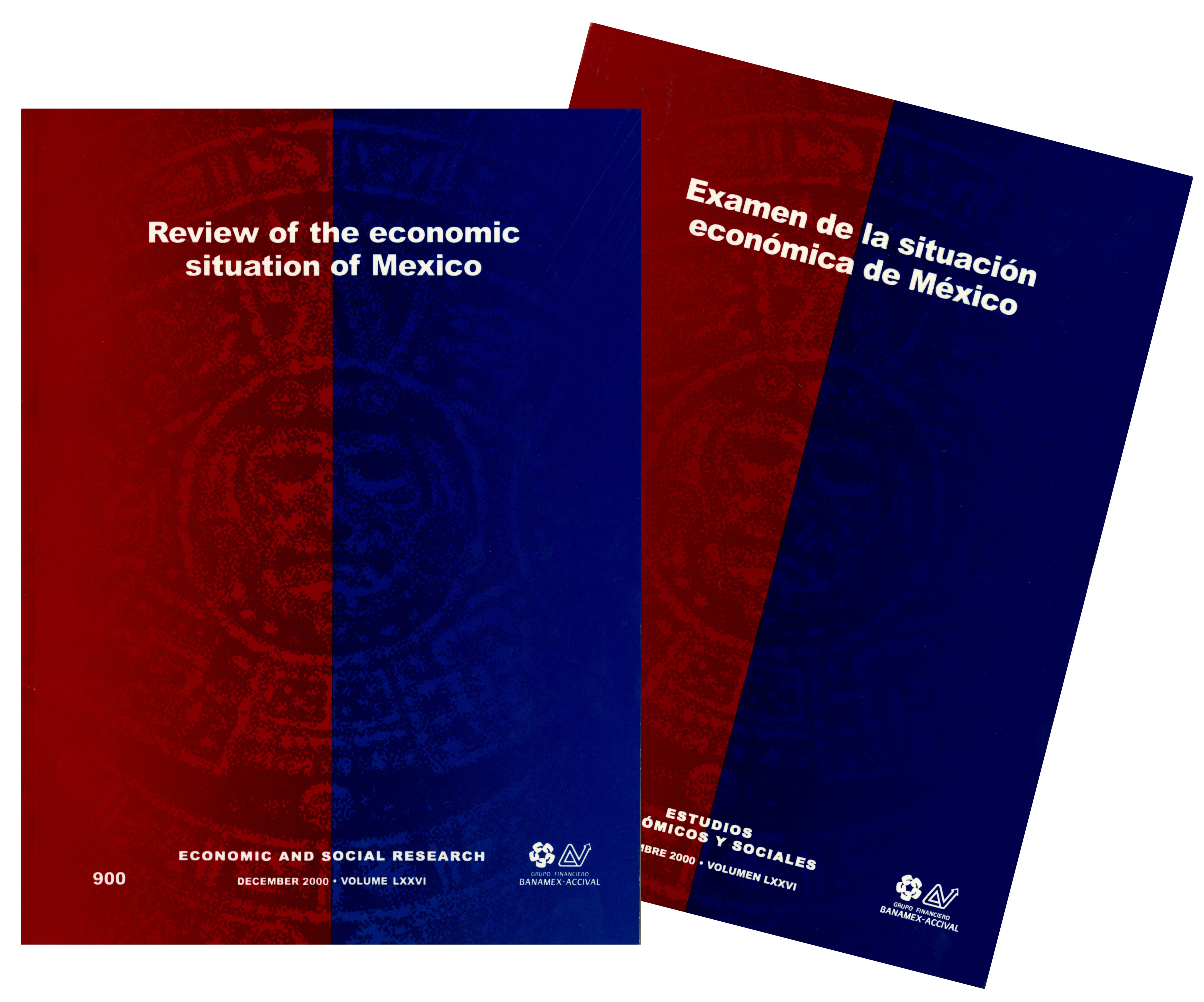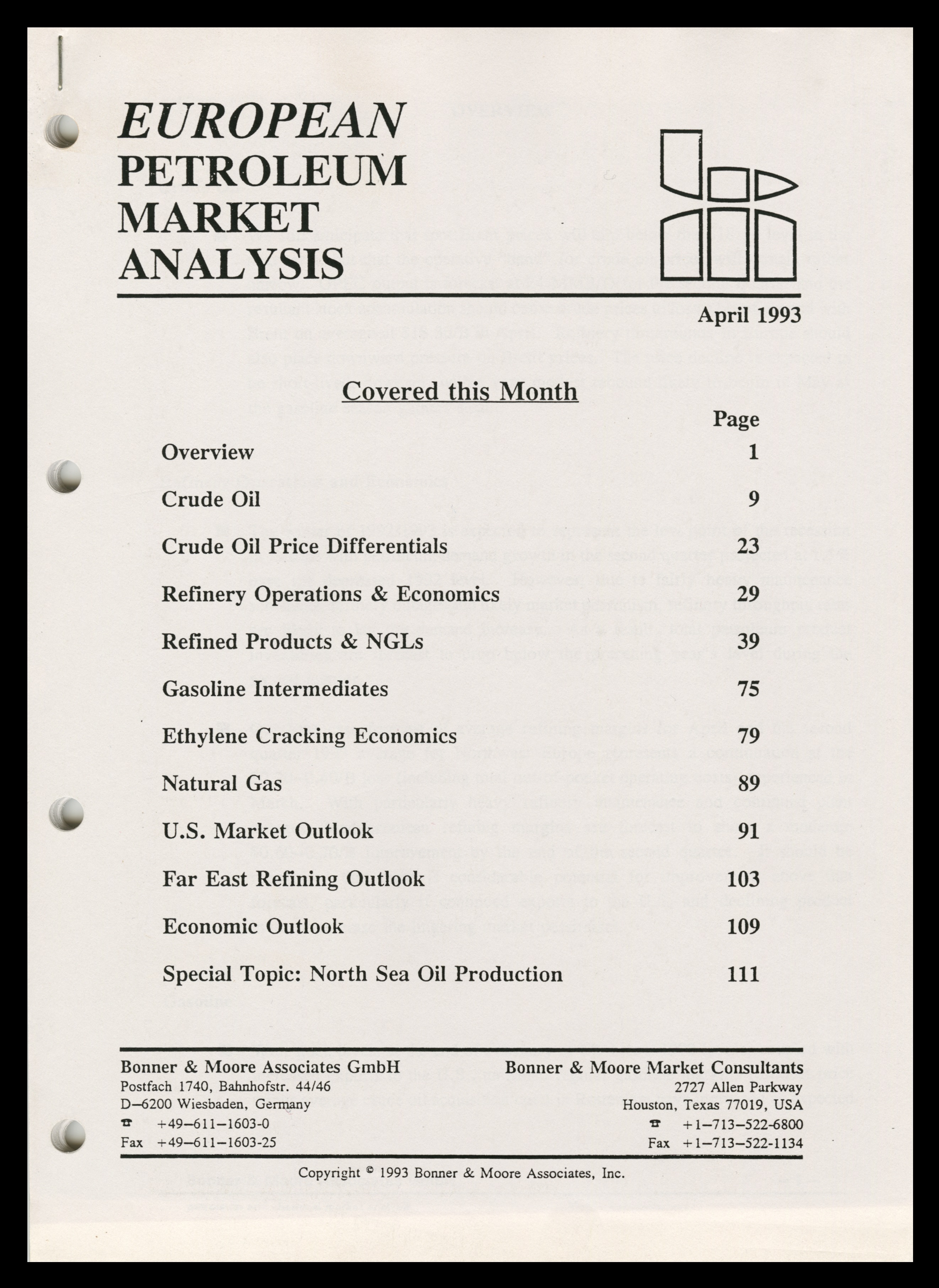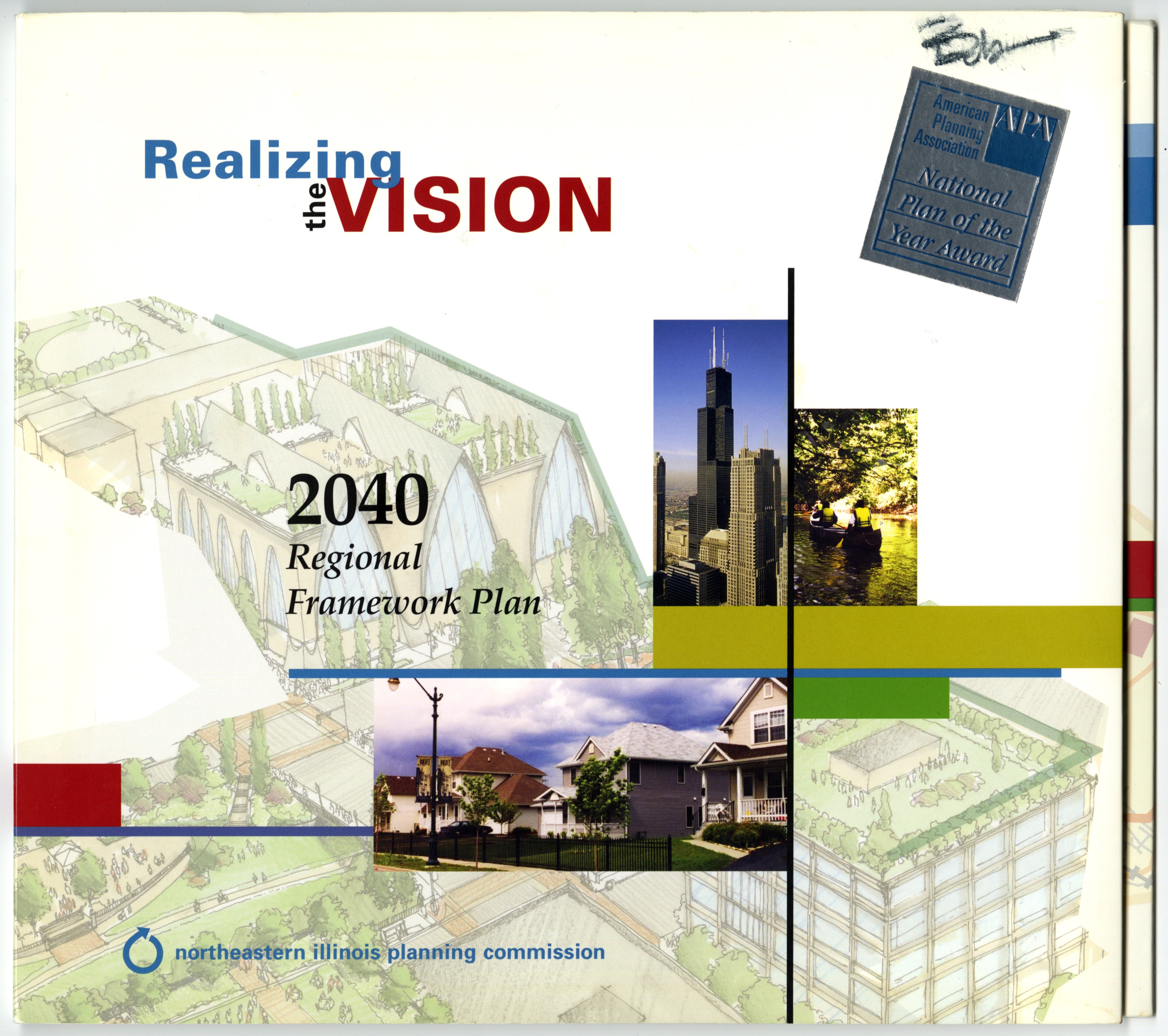Houston History Archives supports research in U.S. history with primary sources on growth and development along the Gulf Coast. Collections cover energy management and development with resources that support exploration of Houston as an international energy center. Environmental collections reveal alternative narratives to Houston’s unmitigated pro-growth reputation and offer documentation of urban planning, flood management, and green space preservation. Collections also reflect Houston’s ethnic diversity with materials on the desegregation of downtown and evolution of Houston’s ethnic communities. A growing collection of oral histories supports these key areas and varieties of other topics.
During the 2017 calendar year, Houston History Archives worked toward acquiring and processing collections with national and international significance. Our oral history collection continues to increase with the addition of interviews arising from the UH Oral History Project and with contributions to our Energy Development series. During spring 2017, we preserved more than 60 additional interviews in the Energy Development series, bringing the total of energy-related interviews to over 700. Energy interviews reflect two major areas of energy history: 1) development of Louisiana offshore energy production and transmission since the Second World War and 2) experiences of industry leaders inducted into the Offshore Energy Hall of Fame. Included in the most recent batch are interviews conducted since the BP Deepwater Horizon disaster in 2010.
To heighten the international significance of the Houston History Archives collections, an accelerated effort is underway to process the copious George Baker Mexico Energy Papers. George Baker holds a Ph.D. in history from Duke University and lectured as a Fulbright Scholar at Mexico’s National University. Baker is the editor of a newsletter, Mexico Energy Intelligence and a principal with Baker and Associates, where he addresses the domestic and international implications of Mexican energy policy with particular focus on Petroleos Mexicanos (PEMEX). Baker publishes internationally on energy markets, politics, and culture, but his collection represents a breadth of materials representing transnational energy interests.
Baker’s papers include extensive documentation from PEMEX, an array reflecting political upheavals in Mexico, organizational restructuring, plus detailed records of hydrocarbon exploration, production, and distribution. PEMEX publications report environmental and sustainability concerns related to hydrocarbon recovery as well. Baker suggests that the Houston History Archives will offer access to the largest accumulation of PEMEX materials available outside Mexico. In addition, the collection contains extensive industry publications in Spanish and English.

Plus academic analyses of energy in Mexico and across international energy transactions (see image below).

Another substantial collection recently added to Houston History Archives’ environmental holdings is Houston Tomorrow, a think tank devoted to sustainability in Houston. Although Houston is a focus, the Houston Tomorrow records include materials of smart growth, transportation, water management, and quality of life from localities and regions across the country plus records produce by federal agencies and national organizations

Environmental collections already housed in the Houston History Archives provide insight into sustainability issues in Houston, but terminology may obscure the wealth of materials related to sustainable water management, greenspace preservation, and transportation. Houston Tomorrow renders issues surrounding sustainability both explicit and accessible.
As students and staff in the Houston History Archives work to move new collections toward public access, we estimate a summer 2018 debut date for both collections and invite interested researchers to consider the possibilities for scholarly work and teaching in our energy and sustainability collections.